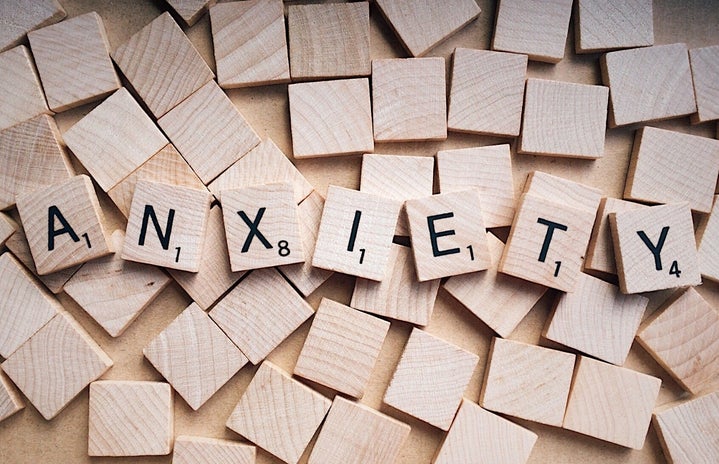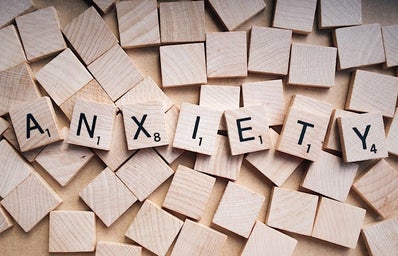Did you know that fifteen million Americans suffer from social anxiety? Despite this high number, social anxiety seems to be a highly misunderstood disorder. Here are some of the most common myths about social anxiety—and why they’re just myths.
- People with social anxiety are just anti-social.
-
This myth is frustrating because many people with social anxiety really enjoy interacting with people who they are comfortable around; it is just harder for them to get to that state than other people. It can be so distracting constantly trying to evaluate how they are being perceived or what kind of impression they are making, that it makes it hard to relax or let a conversation flow. It’s not that they don’t want to spend time with friends or meet new people, it’s just that the idea of doing so is just too daunting and induces feelings of nervousness and dread.
- People with social anxiety are just shy.
-
When a person is shy, it’s inferred that it is just the situation and that shyness will dissipate once they get a bit more comfortable. The difference lies in that a person with social anxiety may take a much longer time to get comfortable, or might never get comfortable. In some situations, they aren’t able to escape their minds and remain trapped in their own heads. While someone else is chatting away, a person with social anxiety might be breathing rapidly, having heart palpitations, sweating, hands trembling— all while being acutely aware of these sensations during a simple conversation. Their mind is racing; they are aware that this isn’t normal but all they can do is wish it to stop. Some people with social anxiety also experience heightened self-awareness and can feel extremely self-conscious. Because of this, it can be agonizing to do simple things, like walk on a crowded street, get up to throw something away while in class, or eat in front of people. It can be feeling beyond awkward if they aren’t carrying something, not knowing what to do with their arms, struggling to make eye contact, overthinking, and overanalyzing.
- Having social anxiety is the same thing as being an introvert.
-
Being introverted means having a tendency to look inward and analyze one’s self and one’s mind, rather than pushing energy outward and gaining energy from being around new people. An introvert may feel drained or irritated after socializing; a person with social anxiety may feel severe distress or ruminate about little things that other people may not think twice about, such as an awkward silence or if they came across as boring or weird or fake. A person with social anxiety will beat themselves up again and again as they replay an interaction in their heads over and over and think about how dumb they sounded or how awkward they seemed.
- Social anxiety isn’t—it’s all in someone’s head.
-
It is unbelievably difficult and sometimes impossible to make people understand what social anxiety is like. Because situations that induce feelings of anxiety in people with SAD, other people do with ease and without a second thought. People struggle to imagine the situation being so stressful. People who have SAD may experience severe anxiety in certain situations, but feel perfectly fine in others. Some people who fail to understand it will just assume that it isn’t real or that a person is faking it, just because they do not have the cognitive ability— or do not care enough— to try and understand.
Some people try to say it’s all in their heads. And they’re right, to an extent. A lot of the anxiety comes from thoughts and the mind sabotaging itself. But the anxiety can manifest itself physically into a rapid heartbeat, nausea, insomnia. Even those who have experienced anxiety in their life at some point still seem to struggle to understand people with social anxiety because for many, talking to people is simple, effortless, easy. Even if you do not understand social anxiety, you should still try to avoid making assumptions about people who have the disorder.
- People with social anxiety are less capable or less successful.
-
Some people with social anxiety are famous actors. Some people can give presentations and participate in classes, but get nervous checking out at the grocery store. This doesn’t mean that the anxiety is controllable or “fake”; this simply reflects the fact that social anxiety is different for everyone who experiences it, and the situations that people struggle in are going to differ. Someone with social anxiety can come across as friendly and personable, even if they are panicking on the inside.
The best way to reduce the stigma around mental illness is to talk about it. We can all try and be more understanding of each other, and make fewer assumptions.
Want to keep up with HCBU? Make sure to like us on Facebook, follow us on Instagram, check out our Pinterest board, and read our latest Tweets!


